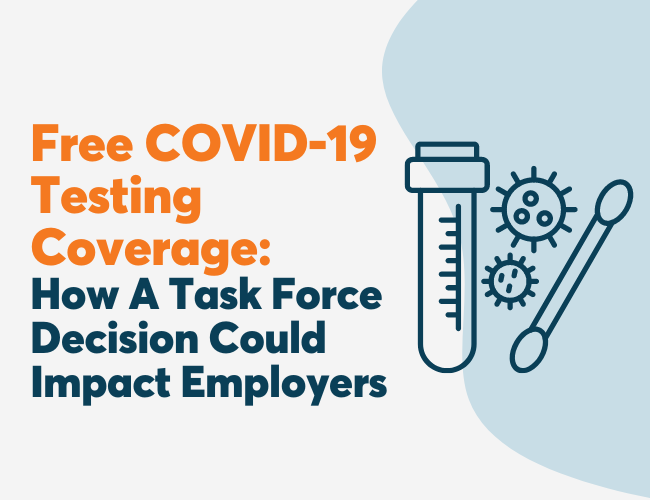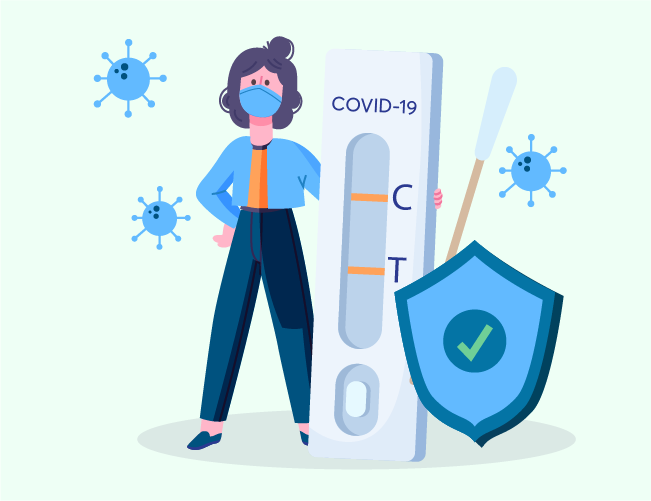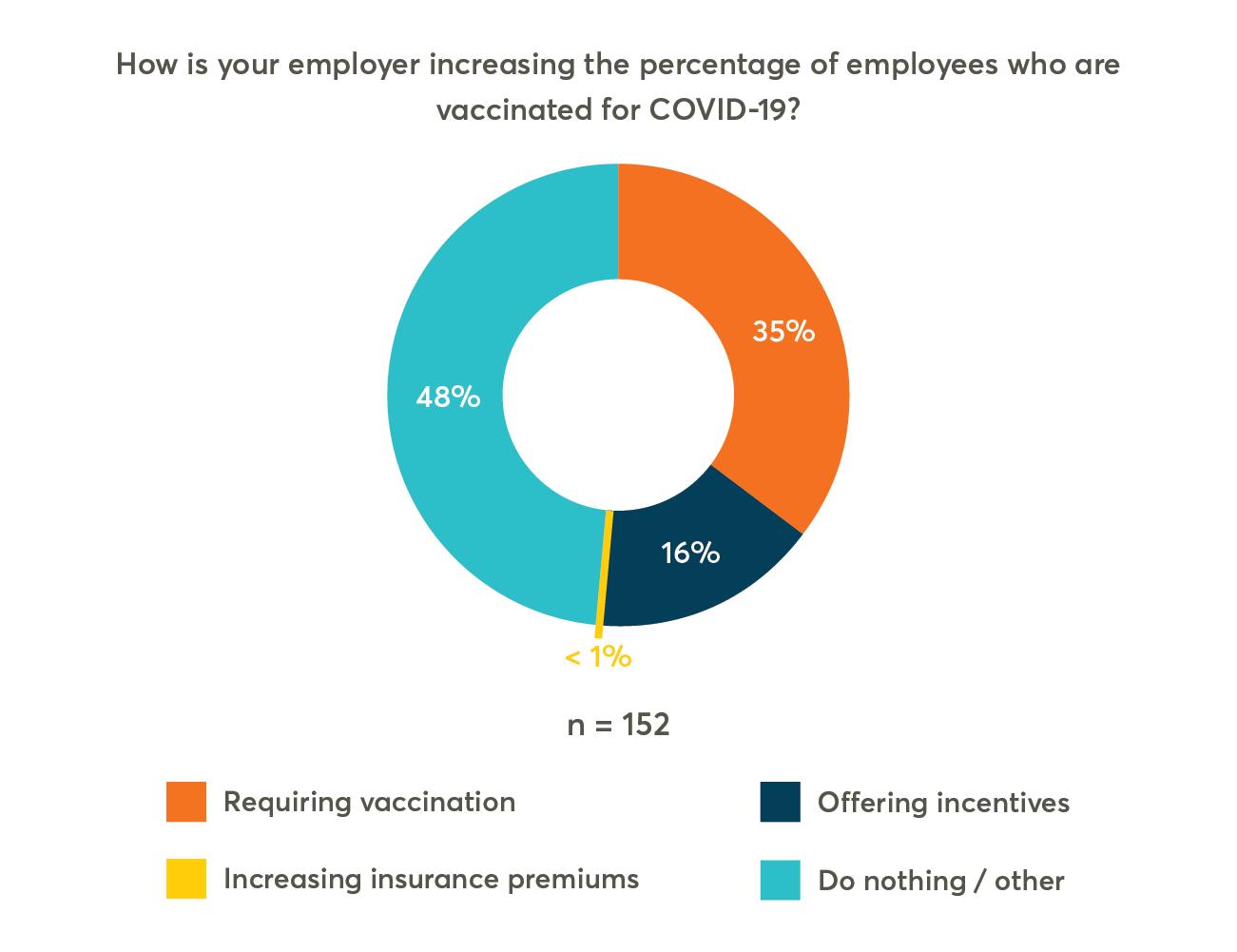Red flags have been raised over the discovery of a new COVID-19 variant named Omicron. On Thursday, November 26th, the World Health Organization (WHO) labeled Omicron a “variant of concern,” citing possible increases in transmissibility, illness severity, and reinfection risk.
What Is Currently Known
At this early stage, available information on several critical aspects of the Omicron variant is limited. Experiments that will determine transmissibility, severity, and vaccine efficacy remain to be completed.
With that said, researchers have identified two preliminary reasons for thinking that the variant may be more harmful.
- An upswing in cases and hospitalizations: In South Africa, where the variant was first identified, hospitalizations have increased by 63% since the beginning of November. In the province of Gauteng, cases have risen by 400%. Moreover, Omicron has been detected in a substantial portion of these patients. The Network for Genomic Surveillance in South Africa said in a statement that:
B.1.1.529 [now called Omicron] has been detected in Gauteng at relatively high frequency, with >70% of genomes sequenced (n =71) from specimens collected between 14-23 November 2021 belonging to this lineage.
With that said, experts warn that the total number of patients infected with the new variant is too small to warrant firm conclusions about its properties.
- Mutations: The Omicron variant has over 50 mutations, several of which are associated with increases in transmissibility and severity. Of particular concern are the modifications contained within its spike protein, the primary target of the body’s immune response. They are also the target of several antibody drugs. Preliminary tests indicate that antibody drugs that utilize the spike protein (e.g., the one developed by Regeneron) may be less effective against Omicron.
Whether vaccine efficacy is also impacted is yet to be determined. Dr. Anthony Fauci, Chief Medical Advisor to the President of United States, stated in an interview with Good Morning America, that while the current array of vaccines may provide less protection, he “doesn’t think there is any possibility that [Omicron] could completely evade any protection by a vaccine” and emphasized the importance of booster shots.
Even if the worst-case scenario is realized and the variant is more infectious with more severe symptoms, biopharmaceutical companies are prepared to offer better ways of preventing and treating COVID-19. In a CNBC interview, Pfizer CEO Albert Bourla, stated:
Friday, we made our first DNA template, which is the first possible inflection of the development process of a new vaccine. […] We will be able to have a vaccine in less than 100 days.
Additionally, the U.S Food and Drug Administration (FDA) is reviewing a set of anti-viral pills developed by Pfizer and Merck. Initial studies indicate that these treatments are effective at preventing hospitalizations and deaths. Merck may receive emergence authorization as early as next week, with Pfizer following close behind.
Back To The Drawing Board
With yet another variant in play, organizations must re-evaluate several strategies developed throughout the year as the severity of the pandemic appeared to be dwindling.
Companies that plan on bringing employees back into the office must prepare for the possibility of a more transmissible and potentially harmful variant. For instance, companies should determine whether they’ll need to adjust occupancy restrictions or decrease the number of days employees are required to come in. They may also need to decide whether to increase the range of employees allowed to work remotely. Additionally, companies should consider reinstating PPE measures (e.g., mask requirements).
Motivating employees to receive another round of vaccines may present a significant challenge. With President Biden’s vaccine mandate, which was blocked by courts in 10 states, companies should plan to develop ways of incentivizing workers to get vaccinated against new variants and keep an eye on the rapidly evolving legal landscape.
Regardless of what experiments reveal about Omicron, the new variant highlights the need for long-term strategies that are viable in a wide range of scenarios, including ones in which COVID-19 poses a significant threat. With a substantial portion of employees experiencing organizational change fatigue, companies must find ways to establish consistency and predictability.
The adverse health effects of change and uncertainty will likely stretch beyond employees’ work lives. For example, with countries setting up travel bans, many workers may not be able to see loved ones during the holidays. Additionally, airlines are reporting a flurry of calls from concerned travelers worried about flight cancellations that could leave them stranded away from home. Employers must remain mindful of these stressors and ensure that support and mental health resources are readily available.
Best practices for responding to these challenges will become apparent over the coming weeks, but employers should begin strategizing now.












